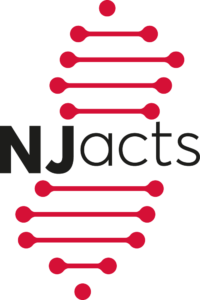 Please read Dr. Serrador’s article in Brain Injury titled, “The consideration of post-exercise impact on SCAT3 scores in athletes immediately following a head injury.“
Please read Dr. Serrador’s article in Brain Injury titled, “The consideration of post-exercise impact on SCAT3 scores in athletes immediately following a head injury.“
Sports-related concussions have become a major health concern. According to the Center for Disease Control and Prevention, it is estimated that there are 1.6–3.8 million concussions occurring annually. While head injury commonly occurs in contact and collision sports, it has been challenging to establish a clear understanding of the mechanisms underlying such an injury. A head injury can occur when there are intracranial or extracranial injuries that may injure the scalp, skull, brain, and underlying tissue and vessels which may result in concussion, skull fracture, or intracranial hematoma. Currently, a head injury has a broad definition and may vary according to methodological differences among studies. In sports, the vast majority of head injuries do not involve skull fractures or hematomas but do increase the likelihood of a concussion and are defined as injuries that may be caused either by a direct blow to the head, face, neck, or elsewhere on the body with an impulsive force transmitted to the head, which may have various clinical signs such as psychological stress, cognitive impairment, somatic symptoms, and neurological deficiencies. However, the changes that occur over seconds, minutes, and hours to days post-concussion are complex and may involve uncharacterized irreversible neurological pathology. Today, concussions are clinically diagnosed with the aid of self-reported symptoms, as well as examining postural control, ocular/vestibular control, and neurocognition. Although the symptoms of concussions are typically reported to resolve within two weeks, there is increasing evidence of neurological abnormalities beyond this time frame. To read the full article.
The consideration of post-exercise impact on SCAT3 scores in athletes immediately following a head injury. Iring-Sanchez S, Tosto J, Favre M, Kim S, Falvo M, Serrador JM. Brain Inj. 2023 Mar 24:1-12. PMID: 36961103 DOI: 10.1080/02699052.2023.2184868
